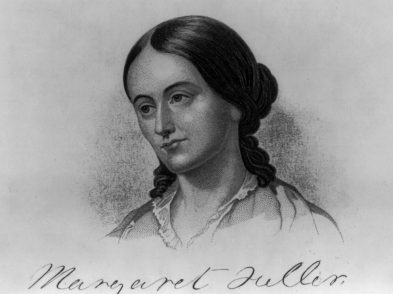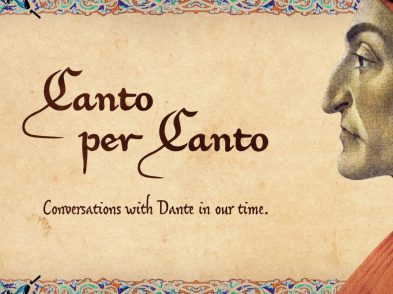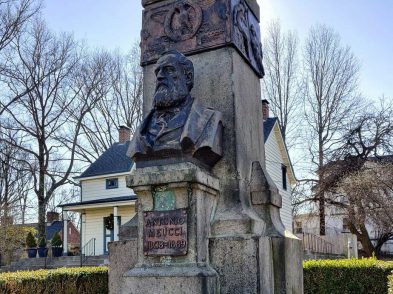Italian director Paolo Sorrentino’s “The Young Pope” is visually breathtaking and immediately provocative. The fictional Pope Pius XIII, played by Jude Law, is the first American elected to the papacy. The strikingly young and conservative pope is unnervingly mysterious, and deeply psychologically troubled, but he’s handsome and sharp and you want to like him, or at least have sympathy for him. Sorrentino, brilliantly, makes both very difficult. The series is shocking from its onset. This is not the first pope to collect wild animals—Leo X notoriously had an elephant—but this pontiff is welcomed with the gift of a bonafide kangaroo. An animal that symbolizes both power and balance is seen staring, rather judgmentally, from the bushes of the papal gardens at a man who is powerful but unbalanced. It is all unapologetically bizarre.
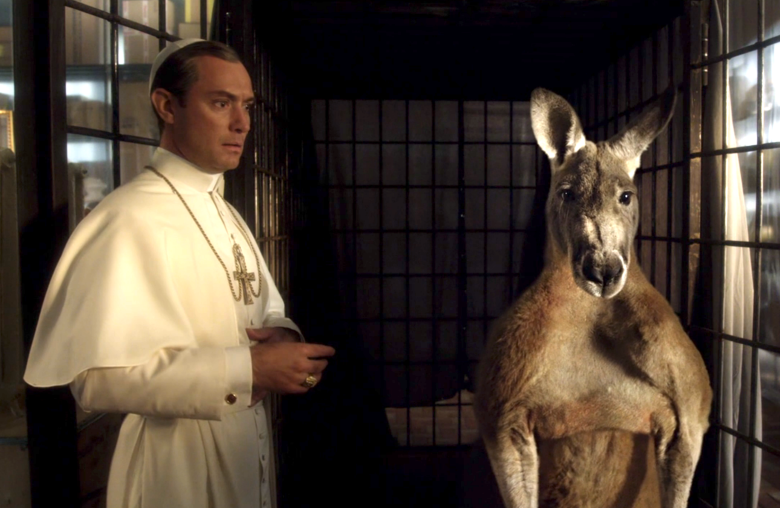
Jude Law and a kangaroo in “The Young Pope”
While the series is fictional, it does present an opportunity to consider the personalities of the historical popes. Historians have long argued that the character of a leader is simply magnified when they are in a position of power. Like the history of any monarchy, the papacy is marked by intrigue. The popes firmly had one foot in the secular and one foot in the sacred. They control a powerful secular state that, until the end of the nineteenth century, included commanding an army and overseeing executions. Because of the inherent duality, the Innocents are rarely innocent, the Clements are hardly clement and, thankfully for viewers of “The Young Pope”, the Pius popes are rarely pious. Statecraft in any age is not conducive to innocence, clemency or piety. This series grabs us with a voyeuristic, albeit fictional, magnification of what is behind the smoke and mirrors of one of the world’s oldest institutions. Would the historical popes named Pius be this fascinating?
There have been 12 popes who took the name Pius. The name projects a desire to appear devout and godly—some were and some were not. Some held power for days, others ruled for decades. Among them was Pope Pius II, who complained how difficult abstinence was. He fathered two children and wrote an erotic novel entitled The Tale of Two Lovers. He condemned slavery, but only the slavery of newly baptized Christians. Pope Pius III rose to power because Pope Pius II was his uncle; he had yet to be ordained before he was elevated to the papacy. Pope Pius V personally attended inquisition trials where supposed heretics were tortured and condemned to death. Pope Pius VI vehemently opposed the French Revolution’s Declaration of the Rights of Man. Pope Pius VIII hesitated to bless mixed marriages between Catholics and Protestants. Pope Pius IX ordered Catholics not to cooperate with the newly formed Italian nation state in an effort to destroy it so that he could regain political control of central Italy. In more recent history, Pope Pius XII infamously turned a blind eye to The Holocaust. There are political reasons that explain all of these actions, but this dirty laundry is only the tip of the iceberg.
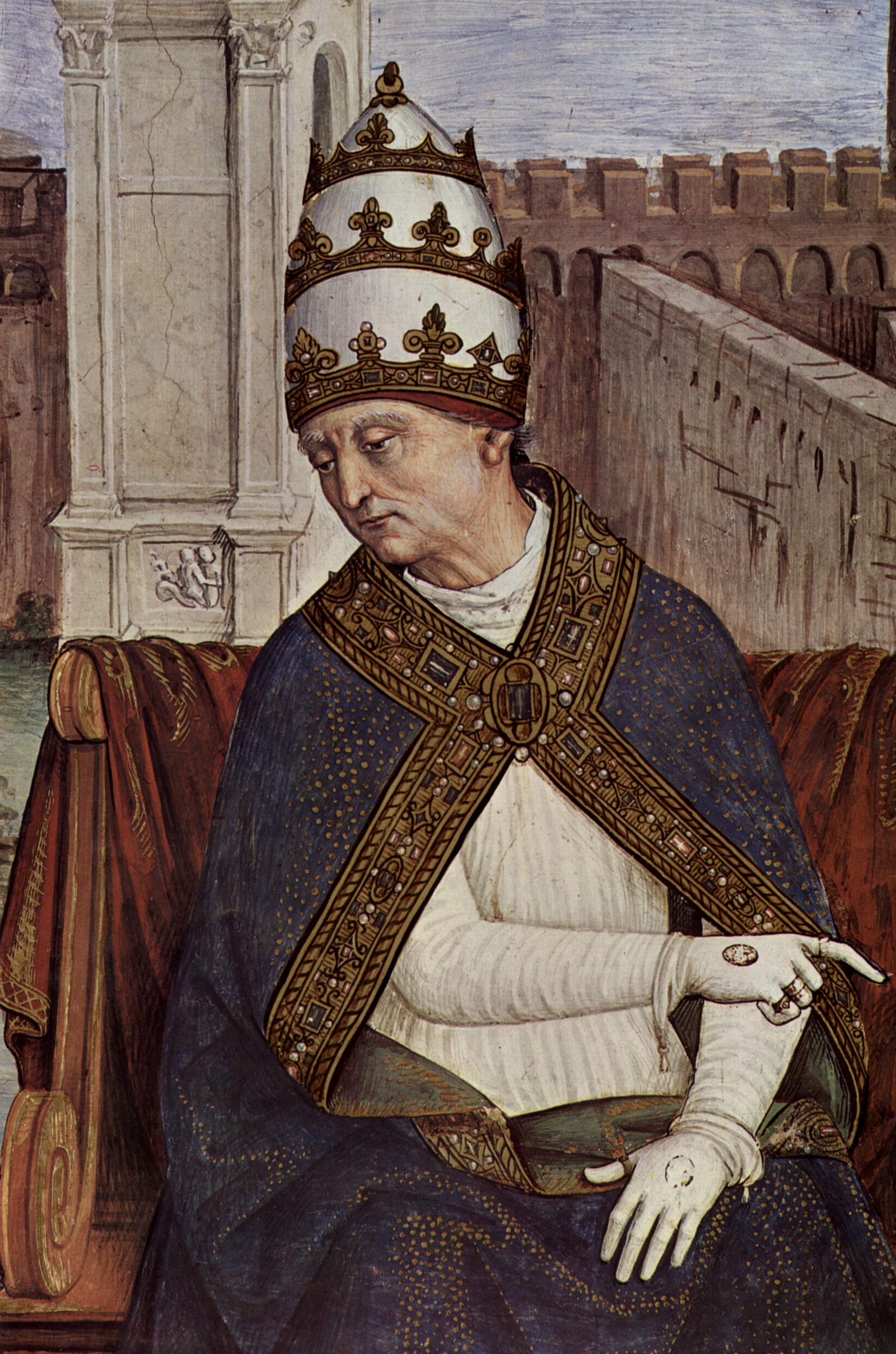
One of the many frescoes of Pius II located in the Piccolomini library in Siena Cathedral
Viewers of the TV series have noted that it is shocking to see such a characterization of a scheming, emotionally scarred pope, but history also shows us very human pontiffs. Some, like John XXIII tried to walk a seemingly impossible line between being both spiritual and worldly leaders, while others hopped off on one side or the other. Alexander VI landed firmly in the temporal. Gregory I gripped firmly to the pastoral. Benedict XVI threw up his hands of the entire thing and resigned (perhaps for medical reasons). Popes are not infallible; they are the composite of the historical context in which they lived and the personality that they brought to the job.
The series has been wildly popular, even amongst Catholic viewers, but Pope Francis has yet to make an official comment. What “The Young Pope” does so well is that it offers a visceral whirlwind of intrigue, which unexpectedly turns notions of good and evil on its head. Get your Pope Innocent III action figure who, according to the box, is armed with the power of excommunication and enjoy the ride. Even though “The Young Pope” forces us to contend with the ugliness of our own time, a time that could craft such an unsettling pope, but there are warm doses of Italian humor to lighten the mood. After all, it is surely barbarous for the Pope in Rome to demand a Coca-Cola Cherry Zero for breakfast, only to follow that up with a command for American coffee. Blasphemy!


